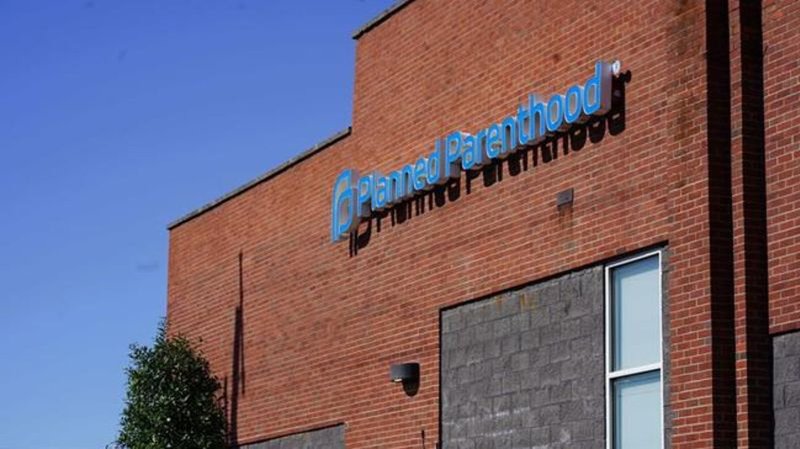
Judge temporarily blocks Kentucky’s near-total abortion ban
LOUISVILLE, Ky. (AP) — A judge cleared the way Thursday for abortions to resume in Kentucky, temporarily blocking the state’s near-total ban on the procedure that was triggered by the Supreme Court ruling that overturned Roe v. Wade.
Abortion-rights groups fought for the ruling that pauses the 2019 Kentucky law for now. Under the so-called trigger provisions, abortions ended abruptly June 24 once the nation’s highest court ruled to end Roe’s 1973 federal constitutional protections for abortions.
Since that momentous decision, nearly 200 women with scheduled appointments have been turned away from EMW Women’s Surgical Center, one of the two Louisville abortion clinics, according to Heather Gatnarek, an attorney for the American Civil Liberties Union of Kentucky.
The Kentucky case reflects the battles now being waged in courthouses around the country over whether pregnancies may be lawfully ended.


